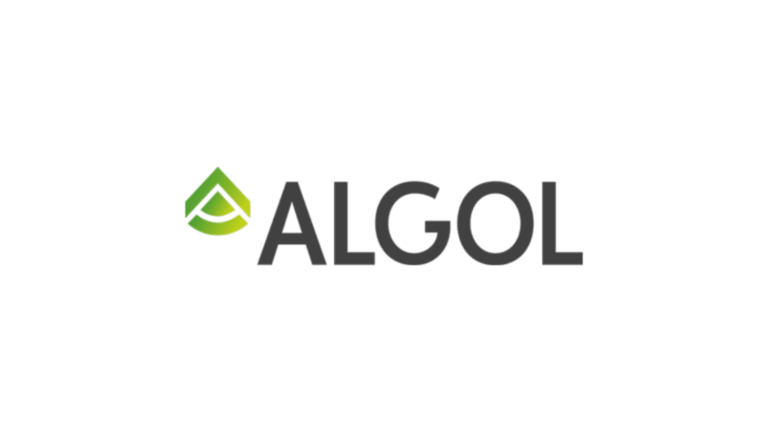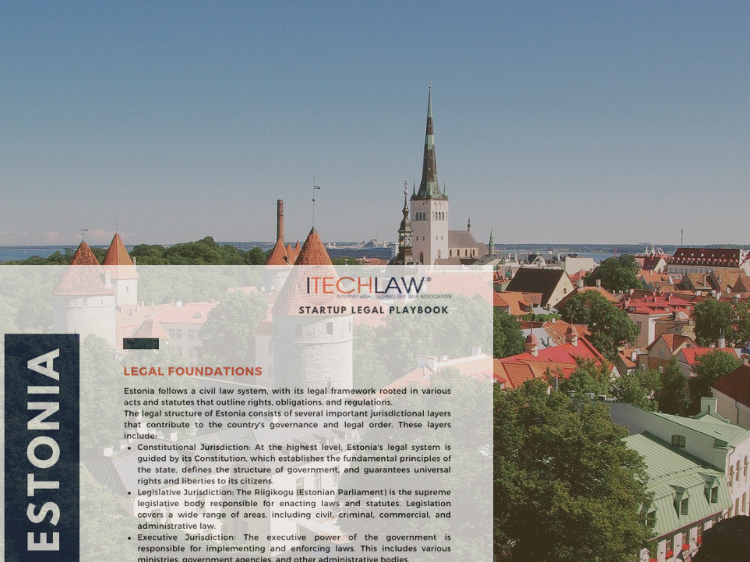
The MiCA Regulation, also known as the Crypto Asset Markets Regulation, is a law proposed by the European Commission to regulate cryptocurrencies and other crypto assets in the EU. The MiCA regulation aims to provide legal certainty and consumer protection in the rapidly growing crypto-asset market, as well as to strengthen and consolidate the regulatory framework currently fragmented across EU member states. MiCA is expected to establish the following direct and uniform rules for crypto asset service providers:
- licensing, supervision, and operation requirements;
- investor protection measures, such as mandatory disclosures and safeguards for retail investors;
- requirements for issuance, public offering, and admission to trading of crypto-assets; and
- measures to prevent insider trading, illegal disclosure of inside information and market manipulation.
In October 2022, the Council of the European Union published the final text of the MiCA Regulation. The first reading in the European Parliament has not yet taken place and the proposed text may be amended, but the main ideas of the regulation are likely to remain in force.
Scope and subject matter
The MiCA regulation will require that the provision of services can only be carried out by legal entities that are duly authorised as crypto-asset service providers in accordance with MiCA. The regulation requires licensed service providers to have a registered office in an EU member state where they provide at least part of their crypto-assets services. Their effective place of management must be in the EU and at least one of the board members must be an EU resident.
Crypto-assets services include operating trading platforms for crypto-assets, holding and managing crypto-assets on behalf of third parties, the exchange of crypto-assets for funds or for other crypto-assets, executing orders for crypto-assets, providing placement services, providing transfer services on behalf of third parties, providing advice on crypto-assets and offering cryptocurrency portfolio management services.
The MiCA regulation focuses on several types of crypto assets:
- electronic money tokens, which are a type of crypto asset whose purpose is to maintain a stable value based on the value of one legal tender currency;
- asset-referenced tokens, which are a type of crypto asset whose purpose is to maintain a stable value based on any other value, right, or combination thereof, including one or more currencies used as legal tender based on value;
- utility tokens, which are a type of cryptocurrency that only allows access to goods or services offered by its issuer.
However, MiCA regulation does not apply to crypto assets that are unique and not interchangeable with other crypto assets (such as NFTs) and other financial instruments regulated by Markets in Financial Instruments Directive (MiFID) (such as security tokens).
What is the situation in Estonia?
In March 2022, Estonia made significant changes to the regulatory framework for crypto-asset service providers that significantly tightened crypto regulation. The current regulation in Estonia is so strict that companies with an operating license in Estonia have largely met, if not exceeded, the proposed MiCA requirements. Nevertheless, crypto-asset service providers will still be required to apply for a new “MiCA license” after MiCA regulation replaces the national regulatory framework.
Timeline for application
The MiCA regulation is expected to come into effect in the second quarter of 2023 and be implemented in 18 months. This means crypto-asset service providers could start applying for “MiCA licenses” in the fall of 2024. All service providers must comply with MiCA requirements no later than Spring 2026.










